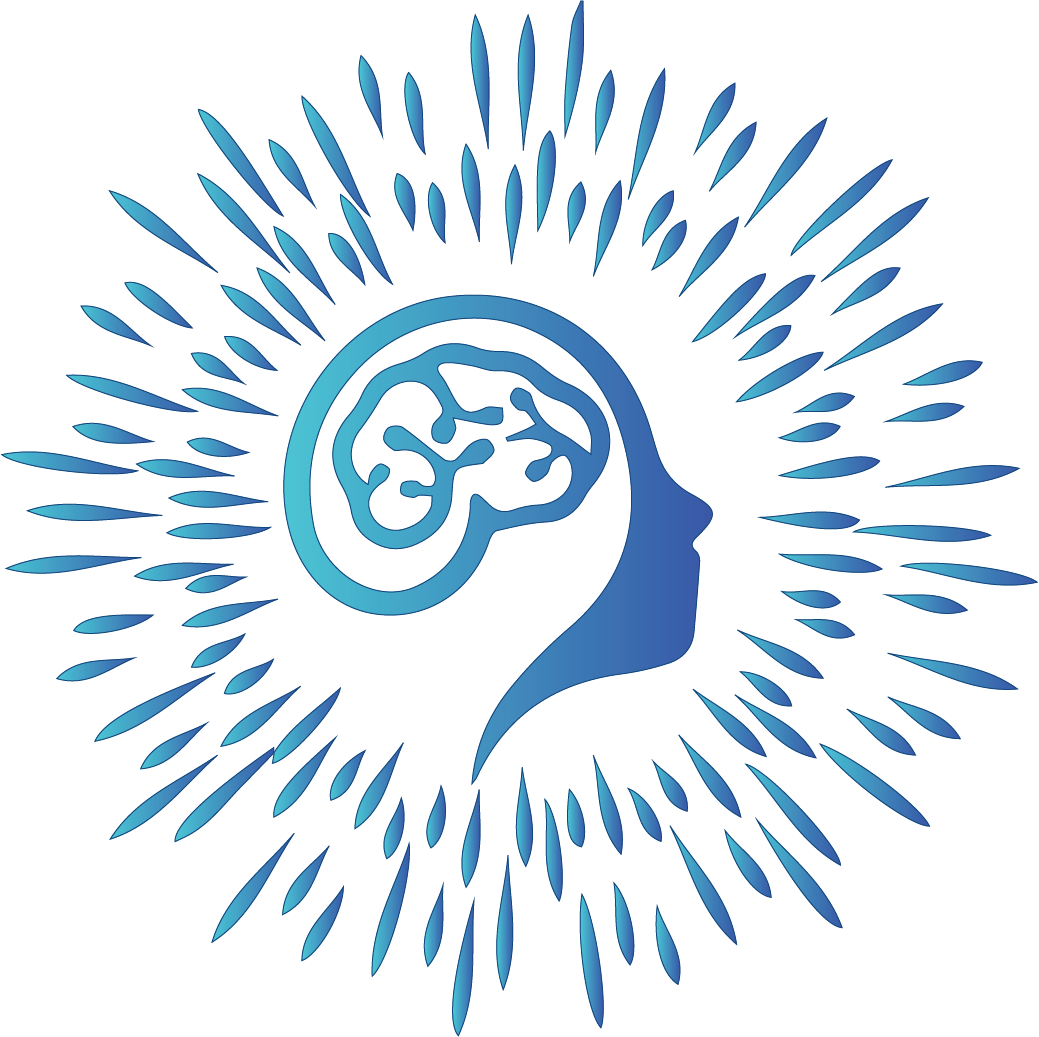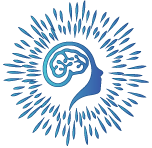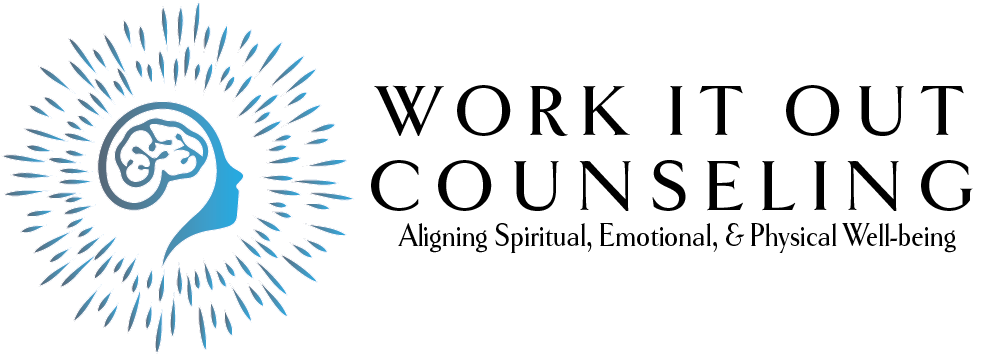The Problem with Mistakes

The Problem with Mistakes
Mistakes often carry the weight of negative judgment, a burden we bear all too easily as the fallout can sometimes leave lasting emotional bruises. We’ve all made mistakes; we’ve all experienced regret. If we didn’t, we wouldn’t be living, breathing, fallible creatures. I’ve grown to dislike the word “failure” in the context of mistakes. They aren’t failures; they are essential threads woven into the fabric of our existence, each one holding the potential for growth and resilience.
Perception
Society tends to cast a shadow over mistakes, deeming them as failures and extending that shadow to those who make them. In response, many of us choose to play it safe, avoiding risks and remaining in stagnant situations. But why? Despite learning about Edison’s many failures and the wisdom of successful individuals, we seem to miss the crucial understanding that mistakes are integral for growth and success.
Fear and Resentment
First, the fear of judgment often overshadows the opportunity for growth. This fear makes us question every decision, worrying about making the wrong choice or regretting decisions already made. The more we hear about this disapproval, the greater we risk the loss of self-worth, self-value, and self-trust. Decision-making becomes centered on others’ opinions, and we lose sight of our priorities, becoming stagnant and neglectful of our needs.
This deep-rooted fear may originate from external criticism, leading to self-doubt and low self-esteem. The constant feeling of not being good enough keeps us stuck. Positive change and growth require acceptance of failure and mistakes, and learning from them without harsh self-judgment.
Next, we like to hold onto resentment for our own mistakes. It’s like carrying unnecessary baggage, hindering our ability to move forward. It’s crucial to acknowledge mistakes, learn from them, and then – release the grip of resentment. Similarly, harboring resentment against others for their mistakes is common. It’s often an emotional response to a perceived injustice. We might find ourselves replaying the events over and over, feeling shame or a desire for revenge. Holding on to those negative emotions can trap us in a loop of resentment, bitterness, hopelessness, emptiness, or anger. Which can even stifle our growth. Recognizing that everyone is on their unique journey, complete with mistakes, and extending understanding fosters healthier relationships.
Acknowledging the Impact of Mistakes: A Journey of Responsibility and Growth
Mistakes, by their very nature, are not isolated events. They ripple through the fabric of our lives, affecting not only ourselves but also those around us. Acknowledging the impact of our mistakes on others is a crucial aspect of personal responsibility, a journey that requires both humility and resilience.
Taking accountability for our actions is a transformative step. It’s an acknowledgment that we are not infallible, that our decisions have consequences, and that we are willing to face them head-on. However, it’s essential to recognize that, even with the best intentions, the outcomes might not always be pleasant or well-received.
In the aftermath of a mistake, emotions can run high. Those affected may experience disappointment, frustration, or even anger. As individuals who strive for growth, it’s crucial to navigate this terrain with empathy and understanding. Our journey doesn’t end with taking responsibility; it extends to making amends and learning from experience.
Making amends is not a guarantee that everything will revert to its previous state. It’s an honest effort to repair what can be repaired and a commitment to demonstrating change through actions, not just words. The process may be uncomfortable, and the results may not unfold as neatly as we hope. Yet, it’s in this discomfort that true growth occurs.
Making no mistakes may seem ideal, but it deprives us of valuable opportunities to learn, adapt, and flourish. Embracing imperfection allows us to explore uncharted territories and discover our true potential.
“The Problem with Mistakes” lies not in their existence but in our perception of them. Let’s redefine our relationship with mistakes, seeing them not as stumbling blocks but as stepping stones to a more profound understanding of ourselves and the world. You did the best you could with the tools and information you had at the time. Embrace your mistakes, learn from them, release resentment, and let them propel you toward a future filled with growth and resilience.


